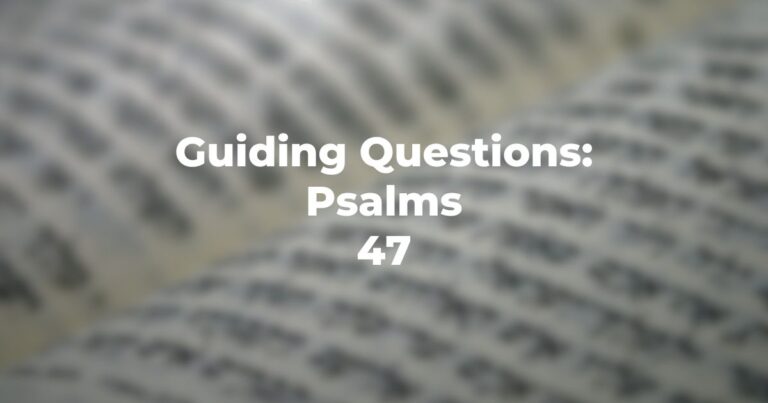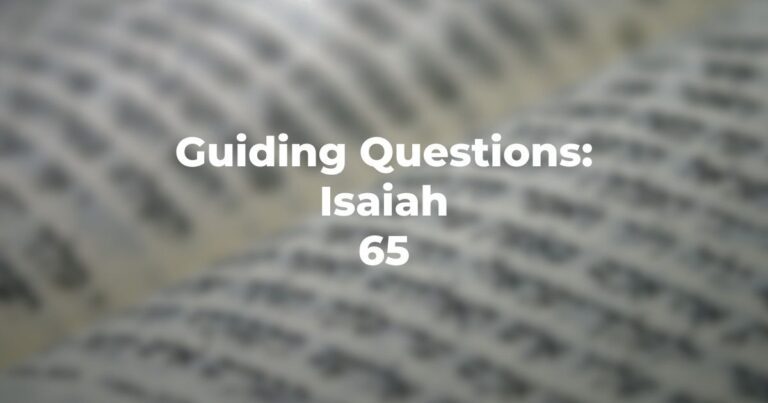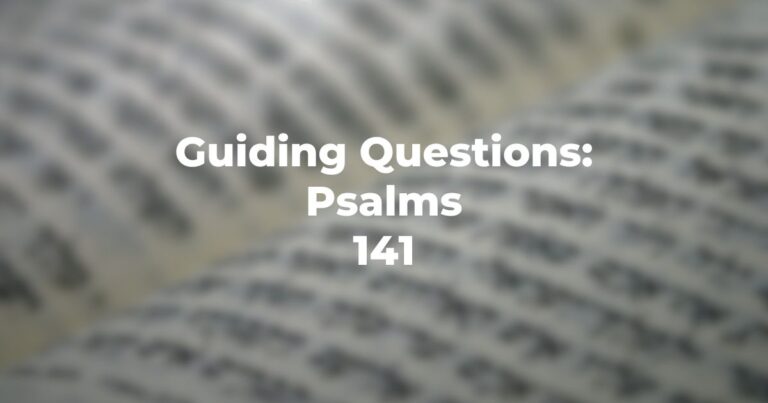- Does Mikha-y-hu imply any religious origin to the name?
- Would his mother appear to be a loyal Israelite, religiously?
- If, indeed, there be such loyalty does it extend to the recognition at the time that genuine religious worship among the Israelites precludes creating any image of Divinity?
- What would Judges 17:4 indicate as to the (growing) prevalence of “house Gods”?
- Is (are) Mikah and Mikha-y-hu one and the same?
- What does the term “kohen” mean in Judges 17:5?
- How does the author (Judges 17:6) use the preceding narrative as documentation for his view of what the condition of the Israelites was at this particular time?
- What is the meaning “each man did what he thought he considered correct”? Is this “praiseworthy” or other?
- In Judges 17:7 does the term “Levi” mean from the tribe of Leyvi or rather, does it describe a function — especially keeping in mind that he is described “from the family of Judah”?
- Does the term “levi,” then, have a dual meaning in terms of religious function?
- How is it that this young man comes to the house of Mikah?
- Is there only one Bet Lehem in the land or more than one?
- How does Judges 17:12 indicate the religious expansion of “house Gods” and the somewhat casual determination, by personal preference, as to religious functionaries?
- Yet, (Judges 17:13) does the narrative indicate that the fundamental religious identification remained with the God of Israel?
Author
-

Exploring Judaism is the digital home for Conservative/Masorti Judaism, embracing the beauty and complexity of Judaism, and our personal search for meaning, learning, and connecting. Our goal is to create content based on three core framing: Meaning-Making (Why?), Practical Living (How?), and Explainers (What?).
View all posts




